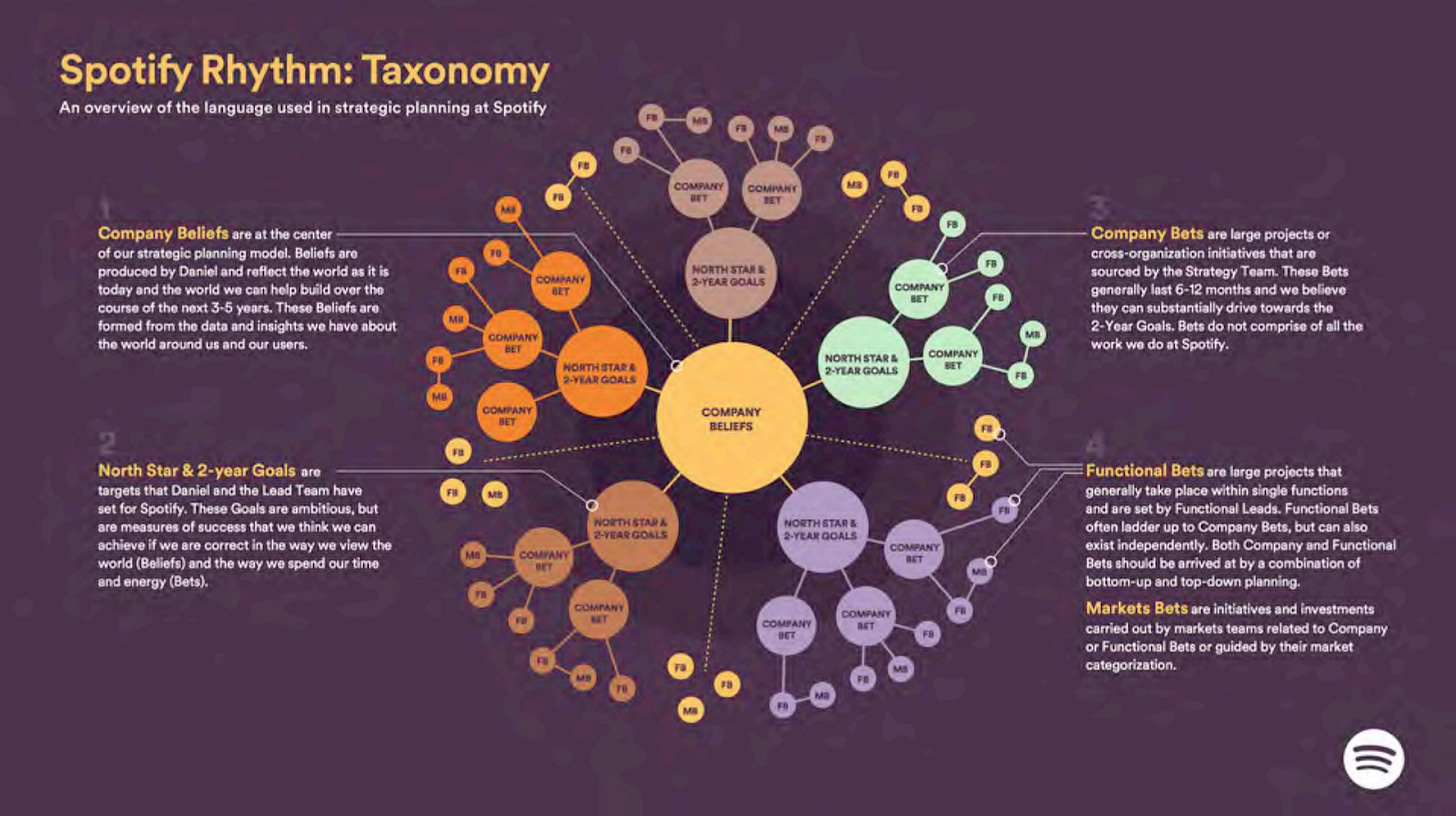Attended my first product talk
Part-1 of the notes I jotted down when I attended my first product talk in 2017. These notes could seem disjoined/incoherent as some contexts were lost.
It’s not even worth mentioning. And frankly feels a bit weird to write about this after over 5 years of the actual event happening.
Back in 2017 - Matrimony.com’s product team organised a short trip (Chennai → Bangalore) for all it’s PM’s to attend a product talk. Facilitated by NextBigWhat, it was a marathon of product talks of 10 hours over a span of 2 days.
Thankfully, I took down as much as I could (though still incoherent). The notes below are arranged with respect to the speakers and they usually don’t have an “outcome”. It would be more beneficial if you already know a little bit about the company being mentioned by the respective speakers.
Anyway- here it goes
Swiggy (company)/Anuj (speaker)/ Prioritisation(topic)
It is important to set the context for your product team
You should know what kind of people you are working for, life & educational background of these people
Management is always greedy- they will always want to extract the most out of any given resource. Hence you have to ask the question- “Why do you want it?”
You can either work on a road-map which is handed down to you or build you own. If you don’t make your own, one will be shoved on to you.
Frame work- 50% Focus on Customer, 10% Focus on competition, 20% Focus on economics, 20% Focus on Future
It is important not to “tell your idea” but to “show it”. Any form of mock-up goes a long way in moving priority of a task higher than others
All PMs should work together towards creating a singular road-map that they can push through.
Every quarter, the road-map should be rinsed & re-prioritized
Say “No” extremely clearly to establish expectations. A mildly said “No” will most definitely be taken as a “Yes”.
Goibibo/Anshuman/Alignment
All product teams seek autonomy
The story of Go-cash: Revolutionary idea in 2013–14. Share contact book to get go-cash.
It was heavily adopted. It soon became a marketing & acquisition tool
This led to GoCash being abused. Too much GoCash was deposited in the users’ account
Soon, the users had 100K+ GoCash but they could use less than 2% of this on flight/Hotel bookings
Expectation mismatch led to increase in customer complaint
Finally customers became GoCash “blind” i.e, any amount of GoCash can no longer move any user engagement/purchase
Accounting issue- earlier the accounting was made on “burn basis”. Which meant that the vertical (hotels/flights) where the GoCash was being used had to adjust it in their balance sheet. This led to people earning GoCash on hotels and wanting to spend on flights. Airlines were not happy with this since they were already operating on low margins and hence had little room to adjust GoCash discounts.
This was a major case of misalignment between teams. This happened because of
> Too many goals & strategies
> Meeting after meeting
> Handed down road-maps set in stone (cannot be questioned or modified)
> Lack of trust among the teams
> Shifting of goal post
> A large backlog of tasks which were once “High impact tasks” pointing towards a stale road-map or a road-map which isn’t revised regularly
> Forceful alignment — when CEO/Founder intervenesIt is important to note that your co-workers are not stupid/selfish. Misalignment occurs because of extreme complexity with very little context
GoCash Course correction?
New path: Users will go to the platforms which have certain amount of social trust
It was important to establish correct metrics. A lot of effort should be invested into choosing the metrics to be chased
A loyal customer = People who buys on platform + People who add value to the platform. Example could be a person in a remote place who uses Goibibo to book tickets for everyone around on the platform. This person is practically creating more value than a person who just individually buys product on the platform. Such people should be identified and rewarded.
Finally, the accounting was changed from Burn basis to Earn basis. This meant that if GoCash was earned on Hotels, the accounting of the Hotels business had to include this in their P&L. It did not depend on who gave the discount on burning this GoCash.
This sparked “Cross-Collaboration”. Overlapping of missions ensured that teams were finally reinforcing each other rather than pulling in different directions.
Next up:
Stay tuned for product talks from Gojek, NerdWallet, Byju’s



